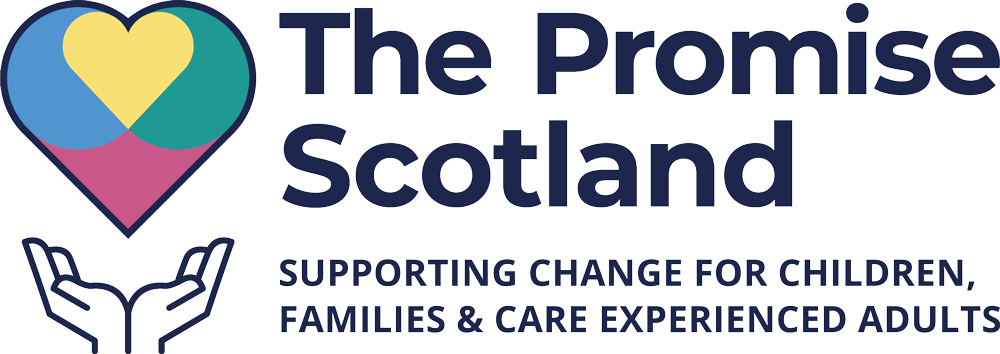Lots Done, Still Lots to Do: The Independent Care Review three years on
It is three years since the publication of the Independent Care Review’s conclusions. In Scotland in early February 2020, there was barely an awareness of a virus that would soon have us all in lockdown.
Those who worked at the Care Review (of which I was one) felt immense trepidation, hoping that the final reports represented a collective job well done. However, that anxiety was nothing in comparison to the hopes and fears of the Care Community that day. Were politicians and those with responsibility going respond in the way that was needed?
The Independent Care Review was built around lived experience. It wouldn’t have happened without the campaigning of passionate and dedicated individuals.
If the Independent Care Review’s final report was rooted in an authenticity and truth about the people’s lives, it is because of the willingness of those who shared the story of their lives. It is a testament to their testimony.
The warmth of the initial reaction to the conclusions of the Care Review has given way to frustration about the lack of progress, not least from The Promise Oversight Board. Anniversaries are a moment to think about what has gone before and what is to come. As the Care Review transitioned, during the pandemic, into a new organisation, The Promise Scotland, set up in March 2021 to support change, there is lot to look back on and there is still a lot to do.
System Stories
The development of Plan 21-24 was rooted in the conviction that delivery is a shared responsibility across different organisations and bodies. Sometimes though, collective responsibility can easily be perceived as having no clear responsibility. And there is work to be done still in better monitoring of individual organisational responsibility and telling the story of change.
And it is also true that it is very difficult to tell a story of change. For there to be change there has to be progress, and often progress feels focused on the scaffolding of the ‘system.’ It has been about funding mechanisms, governance structures, budget decisions and the rethinking of legislative frameworks. It is all the work of progress on journey towards change, but it doesn’t always look like it and isn’t always felt by those to whom the promise was made.
However, when you meet those working in organisations across Scotland to make changes needed, to scale up family support and provide a good childhood for children living in and around the ‘care system,’ you can see the impact the promise has had.
It has given a renewed sense of purpose and confidence of being part of a national project. It’s not without frustration – change hasn’t been felt in day to day lives as much as it should – but the conclusions of the Independent Care Review are still writ large across corporate strategies and policies across agencies and sectors.
And there is progress. Local Authorities can tell of residential children’s homes that have been shut in favour of scaling up family help and support, or of another that has safely reduced the numbers of children removed from their families through solid multi-agency working and a hyperlocal approach.
These are ‘system stories,’ and don’t tell of an experience. But they do mark an important part of the journey.
The Role of The Promise Scotland
From the individual projects and support that The Promise Scotland provides, there is a reflection on the opportunity and limits of what as an organisation we can do. Through the work of the Hearings System Working Group, Promise Design School, and
However, in the end, The Promise Scotland can’t legislate, fund, regulate, inspect or plan services. That is the job of Governments – both National and Local – and Public Bodies. The Promise Scotland will always seek to step in when needed, and our time limited nature means we can provide targeted support, but we need to navigate the unintended consequences of our presence.
That is not to shirk our responsibility. If by 2030, things have not got better for the Care Community and families, then this organisation will be part of that failure. But equally, our presence can mean others are waiting for The Promise Scotland to tell them what to do, instead of owning the work themselves.
The work of change is broad and deep, and simply put, The Promise Scotland can’t be in every space. So how as an organisation we choose to focus on, what to step away from and how to support collective embedding of the promise is critical for the next year.
So with still lots to do, the work keeps going, on a journey from progress to change, demanding all that could be done now, is done now. And always feeling perpetually anxious about pace, pushing and urging progress, and continually hopeful for transformation.
